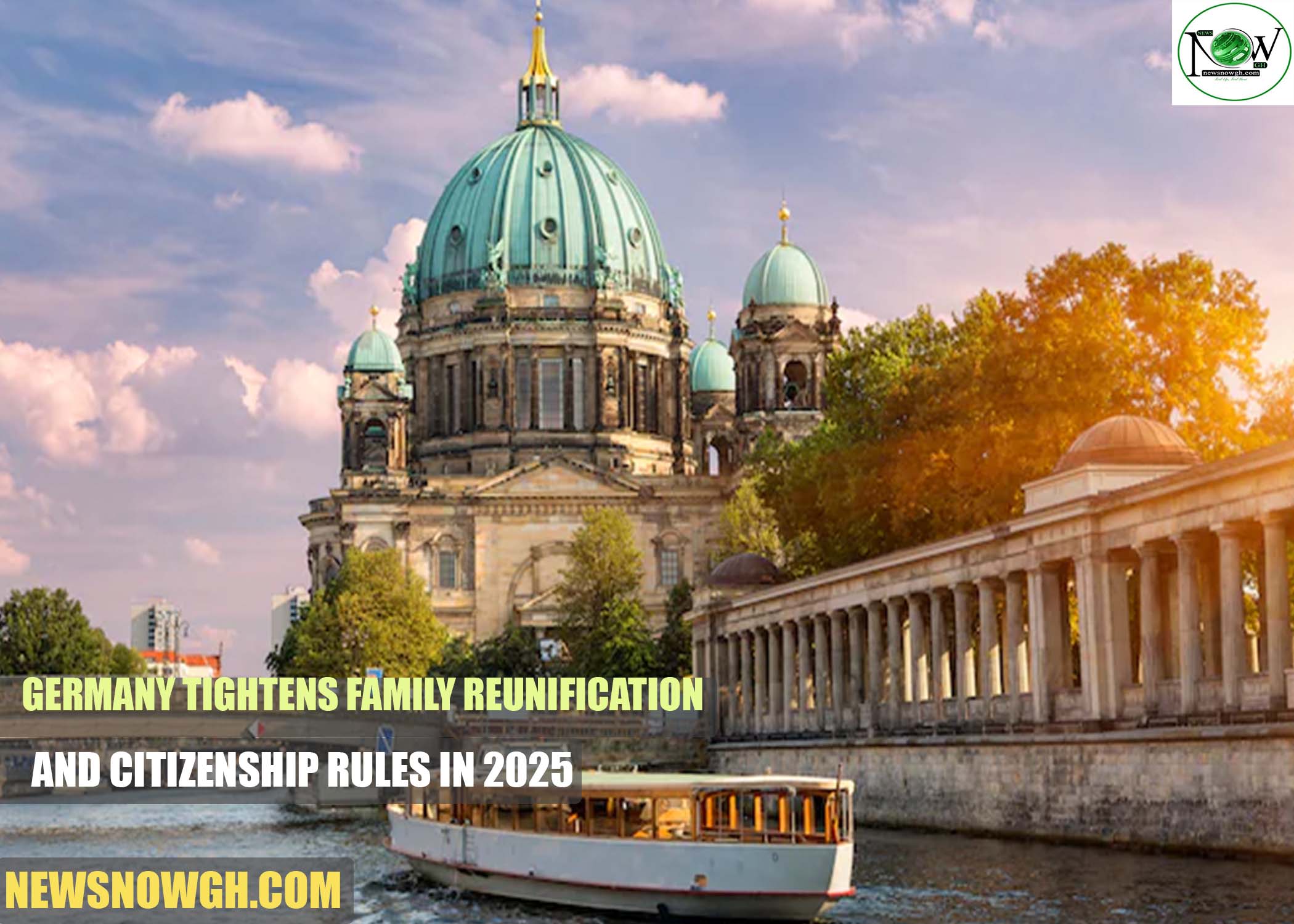Germany Tightens Family Reunification and Citizenship Rules in 2025
Germany has announced significant changes to its immigration policies, impacting family reunification and citizenship pathways. These reforms are part of a broader strategy to manage irregular migration and reshape the experiences of many foreign residents in 2025.
Key Changes in Immigration Policy
The German government revealed new immigration restrictions aimed at tightening the path to citizenship. This policy shift aligns with Chancellor Friedrich Merz’s conservative agenda and aims to address growing migration concerns.
Family Reunification Suspended
One of the most notable changes is the two-year suspension of family reunification for migrants with subsidiary protection status. Unlike full refugees, these individuals receive temporary protection due to serious risks in their home countries but lack full refugee status under the Geneva Convention.
Interior Minister Alexander Dobrindt emphasized the need for this suspension to relieve local councils of the burden of accommodating newcomers. “We need to take pressure off communities,” Dobrindt explained. He noted that similar measures were effective during the European migration crisis from 2016 to 2018.
Fast-Track Citizenship Pathway Rolled Back
In a reversal of previous liberal policies, the government has eliminated the fast-track citizenship rule. This rule previously allowed immigrants to apply for German nationality after just three years of residency, provided they demonstrated strong integration.
Now, the minimum residency requirement will revert to five years, aiming to reduce “pull factors” that could encourage irregular migration.
Impact on Foreigners in Germany
These reforms will directly affect tens of thousands of migrants and foreign workers in Germany:
- Family separation concerns: Those on subsidiary protection status will face delays in reuniting with spouses and children, disrupting family life.
- Longer wait for citizenship: Well-integrated migrants now face extended waits for naturalization, delaying access to full civic rights and benefits.
- Increased uncertainty for asylum seekers: Stricter border controls may deter undocumented migrants, yet genuine asylum seekers could be left in limbo.
Foreign communities, human rights organizations, and integration advocates have raised alarms about the emotional and social consequences of these decisions.
What’s Next?
The new immigration rules are expected to receive formal approval from parliament before the summer break in July. Germany is sending a clear message about tightening immigration controls, despite potential domestic and international backlash.
Conclusion
Germany’s 2025 immigration overhaul represents a significant policy shift affecting foreign residents, particularly those seeking family reunification or fast-track citizenship. As the political landscape becomes more stringent, migrants and legal residents must brace for longer waits, increased scrutiny, and reduced flexibility in their settlement journeys.
For those impacted, understanding the new rules and exploring alternative legal pathways will be essential to navigate this more restrictive immigration environment.
Follow NewsNowGh to stay updated on the latest information regarding work permits, visas, and visa-sponsored employment.


